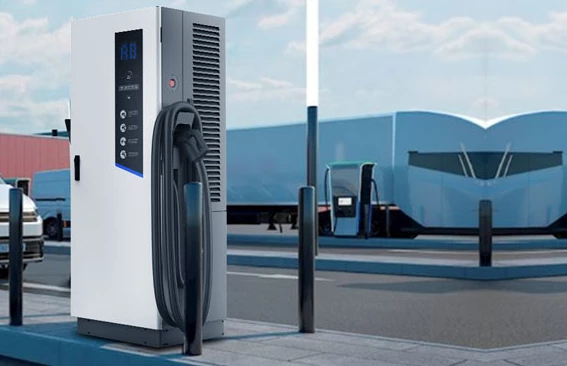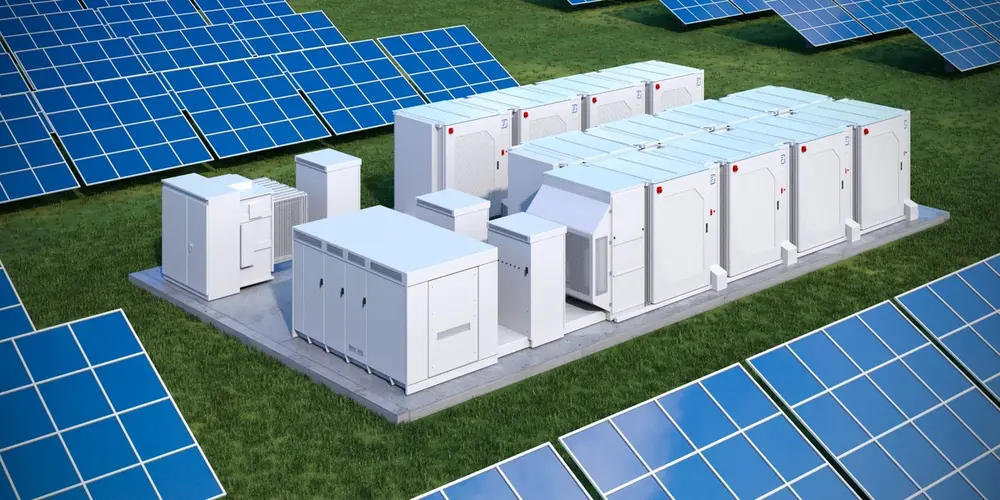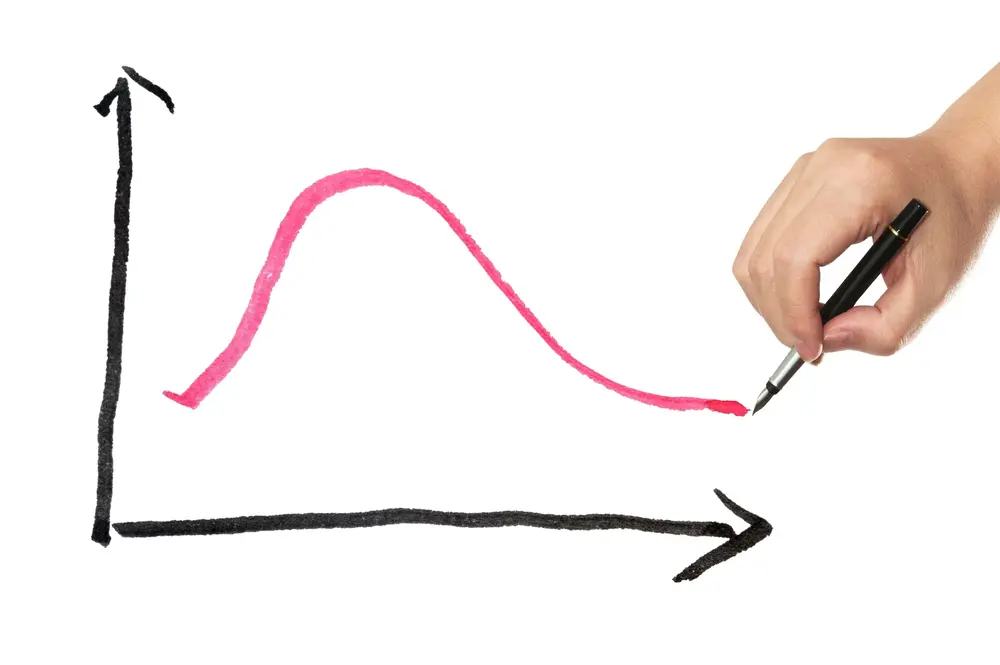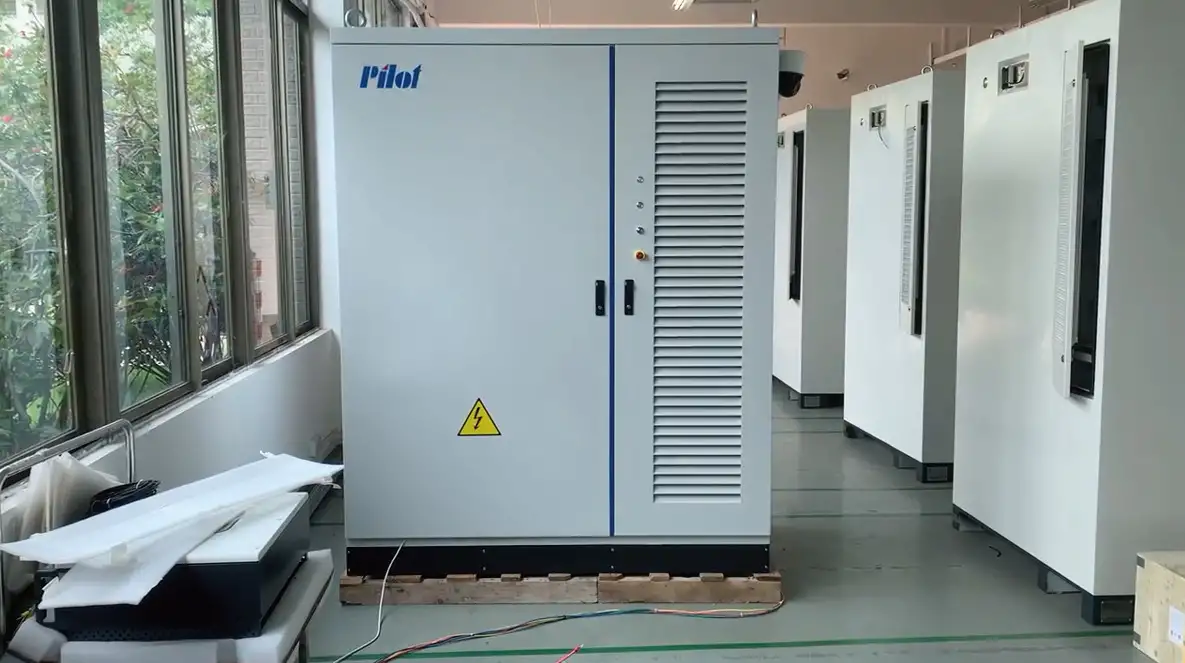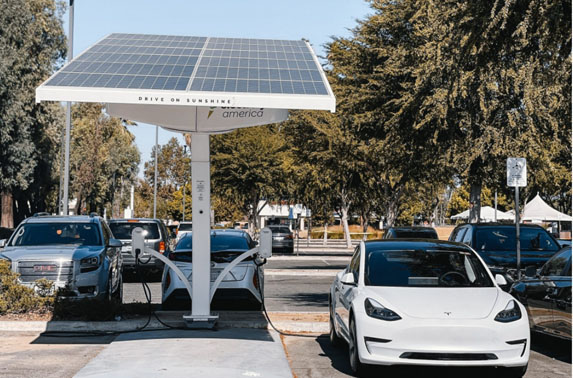
Products
Fast, Reliable, Everywhere

Solutions
Efficient, Innovative EV Charging Solutions.
News
We are committed to the innovation and application of EV charging.
As renewable energy adoption accelerates globally, inverters—the core devices that manage energy conversion and dispatch—play an increasingly critical role. When selecting an inverter for a solar energy system, a common question arises: Is a hybrid inverter better than a normal inverter?
In this article, we’ll professionally break down the differences, highlight the advantages of hybrid inverters, and answer frequently asked questions about Sungrow Hybrid Inverters, helping you make the right decision for your energy needs.
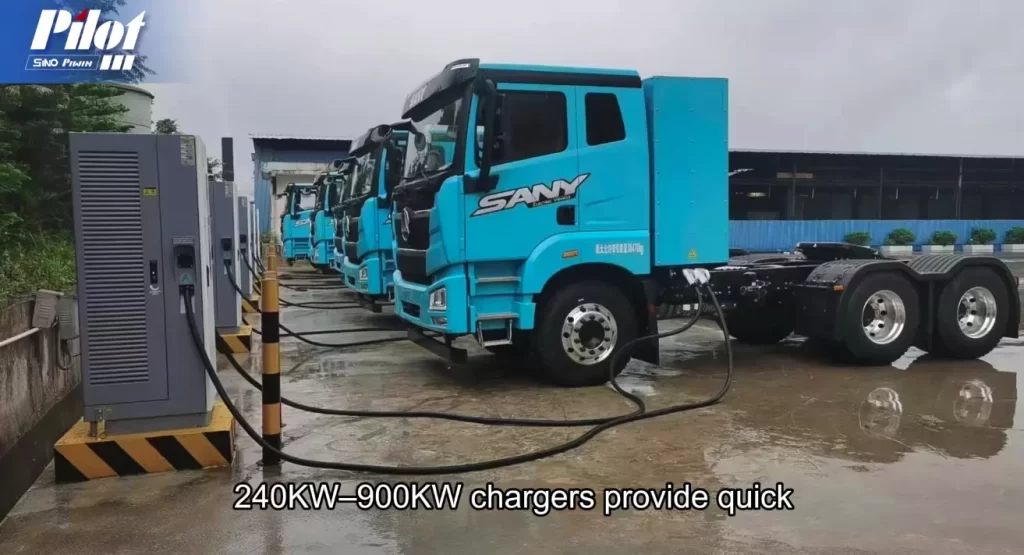
| Feature | Normal Inverter | Hybrid Inverter |
|---|---|---|
| Energy Conversion | DC to AC only | DC to AC + battery management |
| Off-grid Capability | No | Yes |
| Energy Self-consumption Optimization | Limited | Maximized |
| Smart Energy Management | Basic | Advanced (EMS-enabled) |
| Future Energy Adaptability | Lower | Higher |
| Return on Investment | Moderate | Higher (through peak shaving, energy trading) |
Clearly, hybrid inverters offer superior flexibility, control, and future-proof value, especially for users aiming to maximize their solar investment through energy storage integration.
Absolutely yes.
If your goals include:
Then a hybrid inverter, especially a Hybrid Inverter, is a far superior choice compared to a standard inverter.
In today’s energy landscape, the combination of solar + energy storage + smart management is becoming the new normal. Choosing a high-quality hybrid inverter will not only optimize your system performance but also maximize long-term financial and energy benefits.
